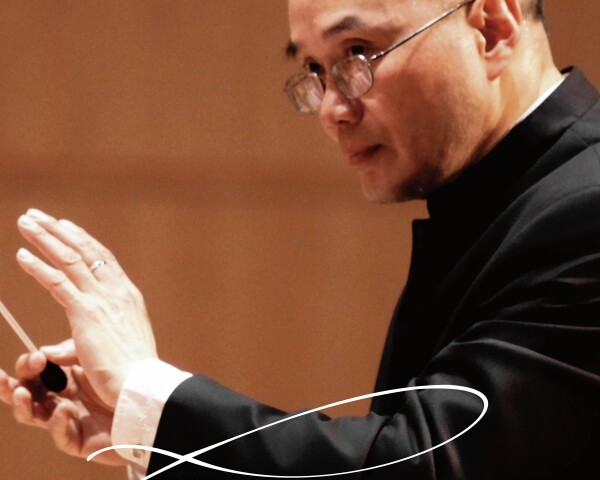Academic Exchange
Topic: From bedside to bench and back, my career as a physician scientist
Speaker: Prof. Brian Kobilka
Date: Tuesday, Oct 24, 2023
Time: 10:45 a.m.-11:45 a.m.
Venue: Room W201, West Wing, Administration Building
Language: English
Abstract:
I will talk about my path to a career as a physician scientist. My initial goal was to become a physician, probably due to the fact that I grew up in a small town where physicians were held in high regard. During my undergraduate education at the University of Minnesota, Duluth and medical training at Yale I became interested in research. Following my residency in internal medicine, I had the opportunity to get involved in research on a family of proteins known as G protein coupled receptors (GPCRs) at Duke University. GPCRs conduct the majority of cellular responses to hormones and neurotransmitters including adrenaline, dopamine and serotonin, and are therefore the largest group of pharmaceutical targets for a broad spectrum of diseases. This experience at Duke led to a faculty position at Stanford University where I established a research program to understand how GPCRs work at the molecular level.
Speaker Profile:
Brian Kobilka received Bachelor of Science Degrees in Biology and Chemistry from the University of Minnesota, Duluth in 1977. He graduated from Yale University School of Medicine in 1981, and completed residency training in Internal Medicine at the Barnes Hospital, Washington University School of Medicine, St. Louis, Missouri in 1984. From 1984-1989 he was a postdoctoral fellow in the laboratory of Robert Lefkowitz at Duke University.
While in the Lefkowitz lab, he and his colleagues cloned the gene that encodes the receptor for the hormone adrenaline. They found that the receptor was similar to rhodopsin, the light-sensing receptor. It was later discovered that there is an entire family of receptors that look and act in similar ways. These receptors are known as G protein-coupled receptors (GPCRs); they are responsible for the body’s response to the majority of hormones and neurotransmitters.
In 1989 he joined the faculty of Medicine and Molecular and Cellular Physiology at Stanford University. Research in the Kobilka lab focuses on the structure and mechanism of action of GPCRs. They apply a spectrum of biochemical, biophysical and structural approaches to understand GPCR signaling at the molecular level. He is a member of the National Academy of Sciences, the National Academy of Medicine, and the American Academy of Arts and Sciences. In 2012, Brian Kobilka was awarded the Nobel Prize in Chemistry, along with Robert Lefkowitz, for his work in determining the structure of a GPCR in inactive and G protein-coupled states.


